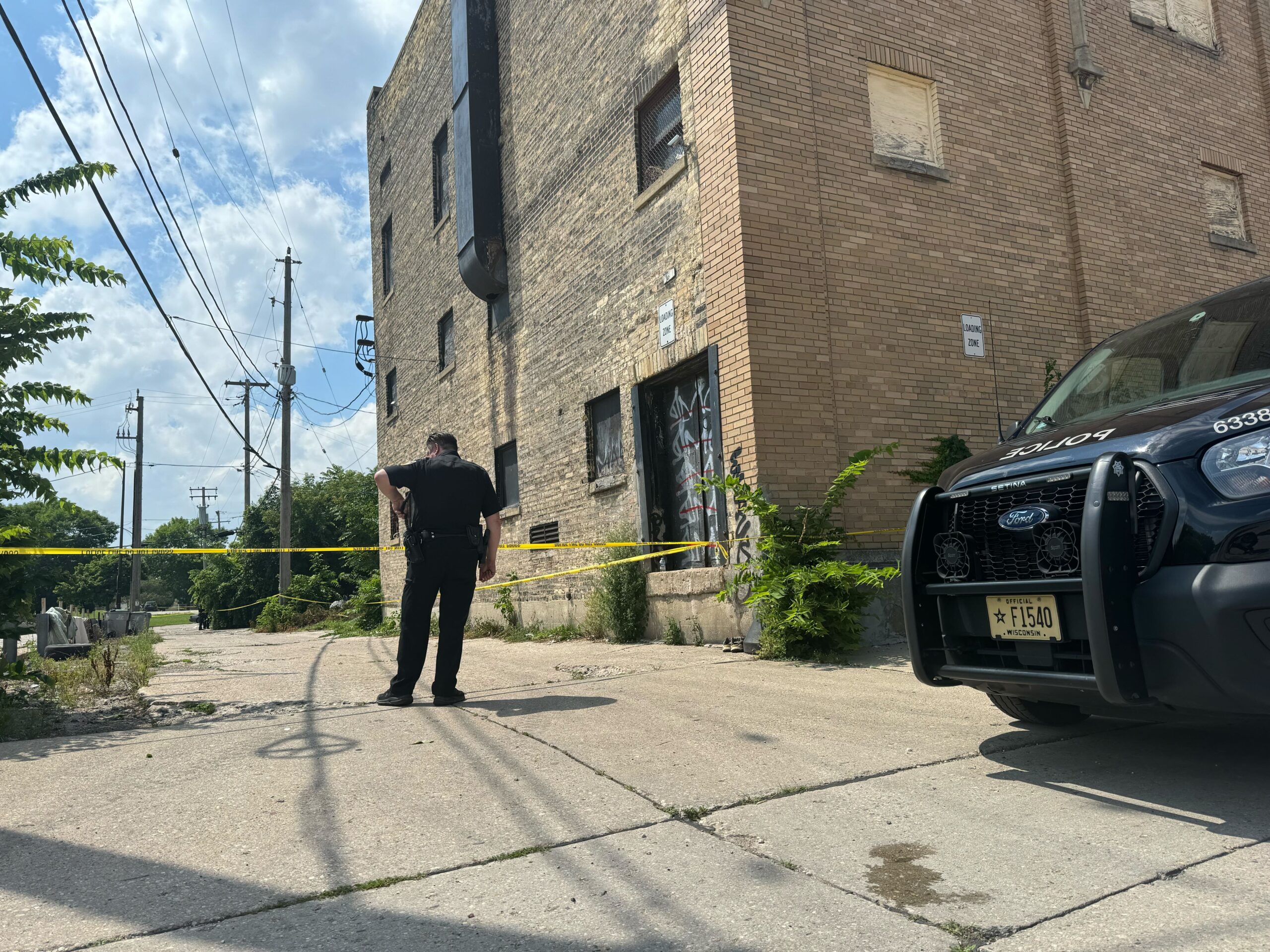Milwaukee Mayor Cavalier Johnson is still pushing for more help from the state to avoid future budget deficits, even after a law that overhauled local government funding in Wisconsin infused millions of dollars into the city’s budget.
The bipartisan law, which allowed the city to pass a 2 percent sales tax hike, will pump an estimated $193 million into the city’s budget next year. The city will also see around $245 million in shared revenue from the state, according to city budget director Nik Kovac.
But next year, Milwaukee will no longer have money from the American Rescue Plan Act fund in its budget. There are also provisions in Wisconsin Act 12, which was passed last year, setting requirements for how the city can use the money from the state.
Stay informed on the latest news
Sign up for WPR’s email newsletter.
“When compared to last year’s fiscal situation, 2025 is significantly different,” Johnson said when presenting the proposed budget to the Milwaukee Common Council Tuesday morning.
“There’s no question that this budget is tight,” he added. “While there are notable pressures on our finances for 2025, we are in a much better position to address those pressures because of the work that all of us did — each of us in this chamber did — last year, last fall, on the 2024 budget.”
After his budget address Tuesday, Johnson said he believes more work still needs to be done at the state level to help the city.
“I’m interested in continuing to work with the state to see how we can pull more revenues down for us to be able to make sure that we have strong, stable, reliable budgets for all of our constituents,” he said
Without the infusion of cash last year from Act 12, the city would have been forced to close several fire stations and libraries and eliminate hundreds of firefighters, police officers and library employees.
Rob Henken, president of the Wisconsin Policy Forum, said the city had to “dip heavily into its reserves” for next year’s budget.
“While the city’s long-term outlook is much, much better than it was two years ago, at this time before Wisconsin Act 12, we are certainly starting to see the return of structural deficits for the city and certainly residents and taxpayers can be expecting more difficult budgets in the years ahead,” Henken said.
The proposed budget summary document for next year’s budget states there is likely to be a “persistence of significant budget gaps in the coming years.” Kovac said it’s still too soon to know how big of a budget deficit the city could be facing for its 2026 budget.
“Act 12 was a game changer, it allowed us to avoid devastating cuts,” Kovac said. “There are improvements that could be made to that law — some of which are specific to us, but a lot of which are statewide — and so I don’t think we’ll be the only city, town or village asking for some modifications in the coming months and years.”

Under the shared revenue law, the city must have at least 1,725 police officers by 2033. The Milwaukee Fire Department must also staff 218 firefighters daily by that time.
Currently, the Milwaukee Police Department has a total sworn strength of 1,587 officers, while the Milwaukee Fire Department has a daily staffing level of 199. The 2025 proposed budget calls for funding three recruitment classes of 65 police officers next year.
“Factoring in expected attrition levels based on historical models, this will provide an average annual strength of 1,645 sworn officers, the same as 2024 funding levels,” the proposed budget summary says.
The 2025 proposed budget also includes funding to increase staffing by seven firefighters for the Milwaukee Fire Department.
The budget will go through several public hearings and committee meetings in the next few weeks and is expected to be voted on by the Milwaukee Common Council in November.
Wisconsin Public Radio, © Copyright 2025, Board of Regents of the University of Wisconsin System and Wisconsin Educational Communications Board.




